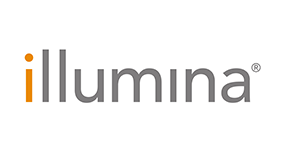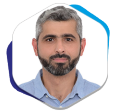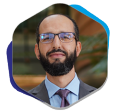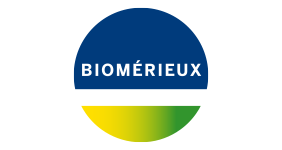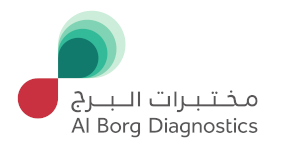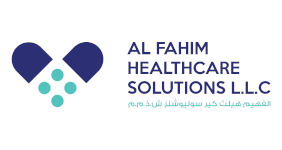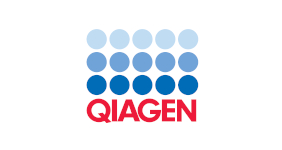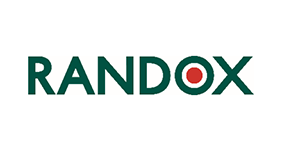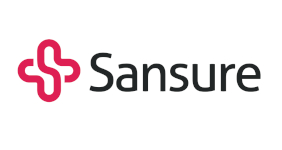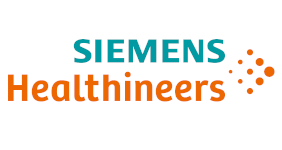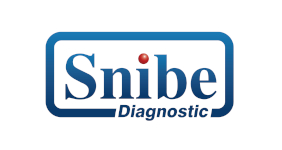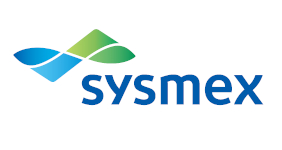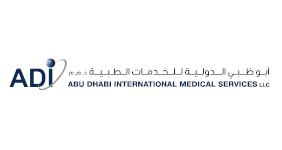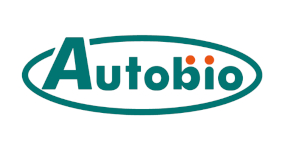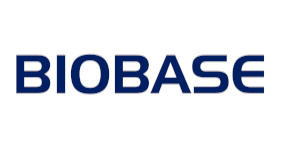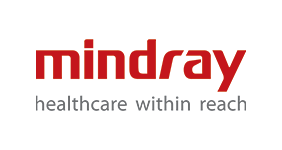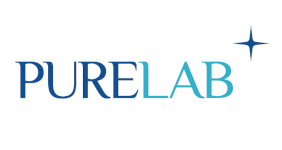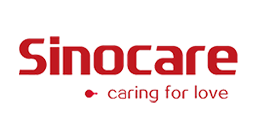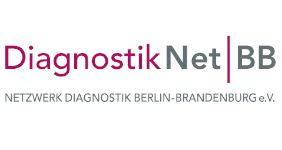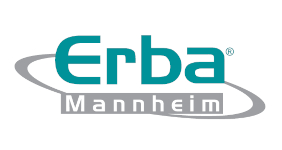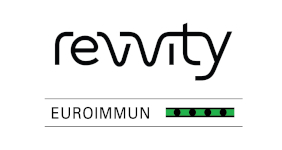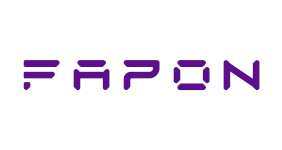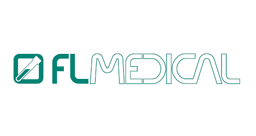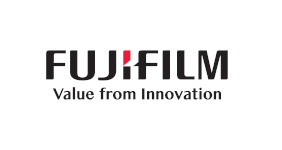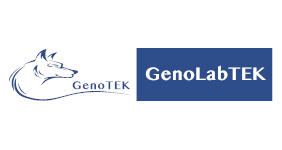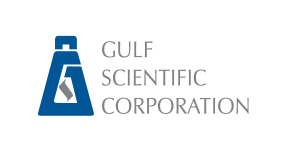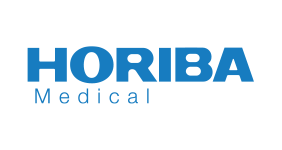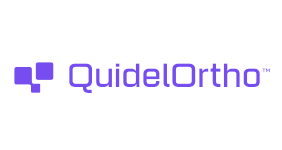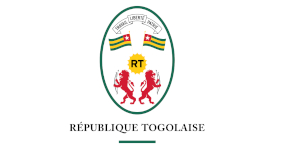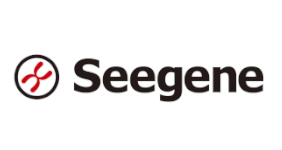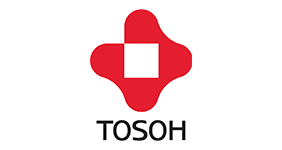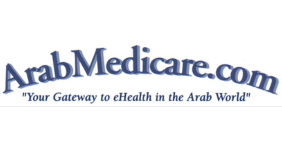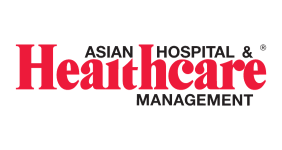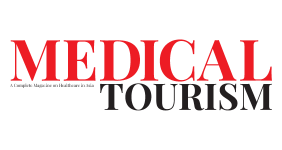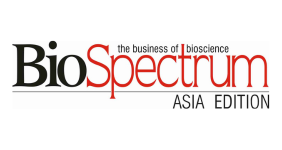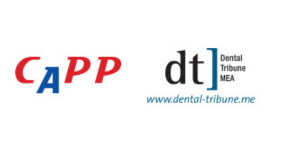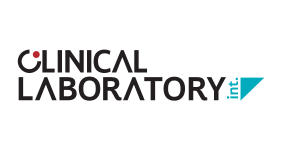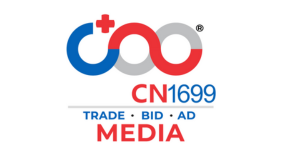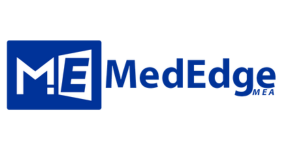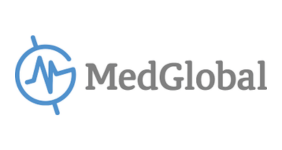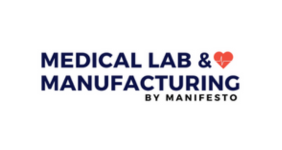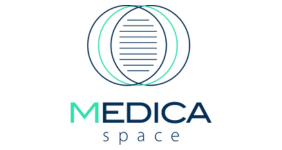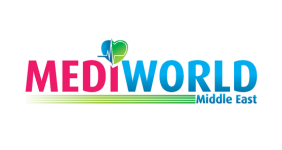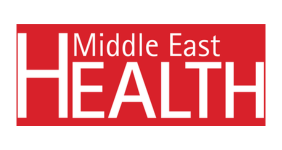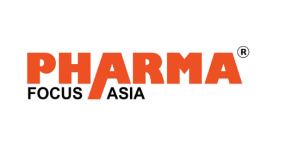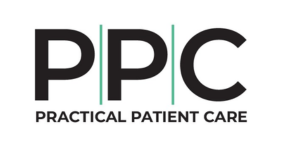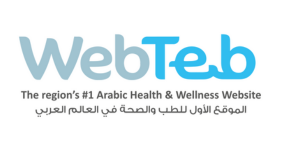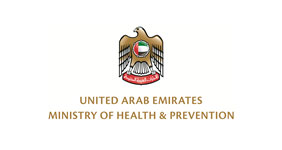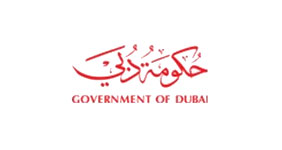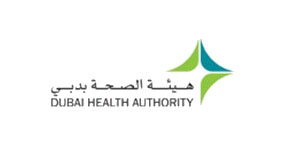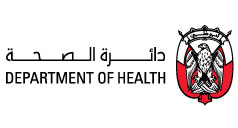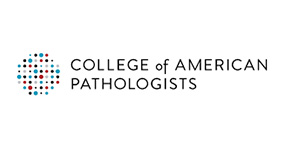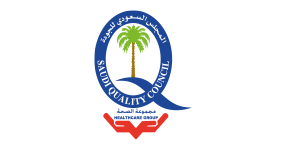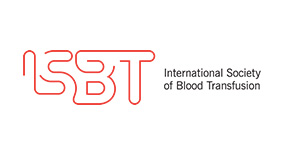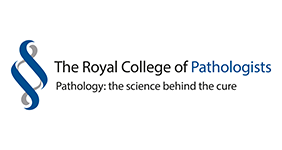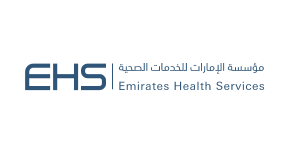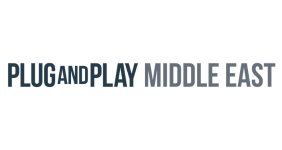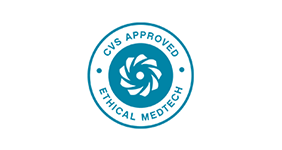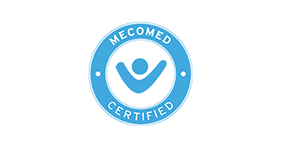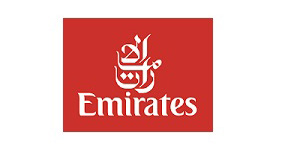5 - 8 February 2024
Dubai World Trade Centre
22 Jan - 22 Feb 2024
Genomics for rare diseases in the Middle East
Illumina
Monday 6th February I 14:00 - 17:30
Johannesburg room I Z1.D10
Overview
There are 7000 rare diseases in the world that affect 350 million people. Three-quarters of people living with a rare disease are children and only half of patients receive an accurate diagnosis. The average delay for a patient to receive a diagnosis with a rare disease is 1 1/2 years. There is an urgent need to communicate knowledge and expertise in the field of rare disease detection.
Illumina is dedicated to share genomic knowledge and support rare disease patients in the Middle East with the aim of increasing the implementation of genomic sequencing at birth for early identification of rare and undiagnosed diseases.
This half-day workshop on Genomics for Rare Diseases in the Middle East features the latest findings related to the genomic basis of rare diseases and provides powerful insights into disease mechanisms and therapeutic approaches. As genomic sequencing becomes more available in the hospital setting, the expert panel discussion will examine standardization, drivers & local challenges to implementation of genomic sequencing and how this is changing clinical practice.
The program will consist of scientific presentations from top experts in rare diseases, diagnostics and targeted testing followed by Q&A sessions. Guest speakers will join panel discussion with Illumina experts to identify the research, regulatory and access policy drivers to enable integration of whole genome sequencing into a healthcare setting.
Sessions
Presenter
Professor Lisenka Vissers, Professor of Translational Genomics, Radboud University Medical Center, Netherlands
Session summary
Genetic diagnostic laboratories maintain many different workflows to diagnose the broad spectrum of hereditary and congenital disease. In the last decade, technological innovations have, however, changed the playing field, as with the introduction of next generation sequencing, an unbiased detection of medically relevant genetic variation in a single experiment has become within reach.
In this presentation, Professor Lisenka will not only share our experiences with clinical utility studies for short-read whole genome sequencing (WGS) in routine clinical care, but also the feasibility and potential impact of implementing WGS as first-tier generic laboratory workflow for germline genetic diagnosis. In addition, she will highlight how these studies pushed forward diagnostic innovation projects, again driven by technological innovations, such as long-read genome sequencing and optical genome mapping.
Learning objectives
- Understand the applications of different genetic diagnostic workflows
- Understand the difficulties associated with diagnostic testing for rare diseases
- Gain insights into the study design to assess diagnostic potential of novel diagnostic assays
- Understand the differences between exome sequencing, genome sequencing, optical genome mapping and transcriptomics
- Get familiar with basic concepts on performing economic evaluations for introducing genetic diagnostic innovations into routine practice
Presenter
Dr Younes Mokrab, A/Director of Population Genomic Medicine, Sidra Medicine, Qatar
Session summary
Delivering “personalized medicine” at scale not only requires accurate genome interpretation pipelines, but the ability to functionally understand the impact of a patient’s genetic variation and frame it in the context of their unique ancestral backgrounds. While many efforts are underway to map such variation around the globe, the Arab world has traditionally fallen behind, as evidenced by being significantly under-represented in global genomic databases. Over the past 5 years, Sidra Medicine has made significant advances on this front, driven by initial explorations of population genetic structure to the implementation of WGS at the point of care. Such efforts have led to the identification of numerous disease-causing loci and founder alleles underlying both rare (Mendelian) and complex disorders. Further, the deployment of orthogonal ‘omics technologies, including proteomics, metabolomics and transcriptomics, now allow for a deeper characterization of patient cohorts. While these technologies demonstrate incredible resolution, they also provide a window to interpret the functional impact of genomic variation, helping elucidate pathways for intervention in patients with rare disease. This talk will cover the Qatari experience as a pilot study, showcasing important discoveries and challenges, and providing some guiding principles for future adoption of next-generation, multi-omic technologies to deliver precision medicine across the greater Arab world.
Learning objectives
- Learn about next-generation sequencing data generation, processing and interpretation
- Understand the role of rare variants in rare diseases, and differentiate these from ancestral polymorphisms
- Learn about different classes of variation (including structural variants) and their impact on rare disease
- Appreciate the growing role of multi-omics in understanding function and delineating pathogenicity
- Understand the complexity of diagnosing rare disease in isolation and encourage collaboration and data sharing
Presenter
Dr Ahmad Abou Tayoun, Director of the Genomics Center of Excellence, Al Jalila Children Hospital Dubai, UAE
Session summary
Rare diseases collectively impose significant burden on healthcare systems, especially in underserved regions, like the Middle East, which lack access to genomic diagnostic services and the associated personalized management plans.
In this session, Ahmad will go over Al Jalila Children’s specialty hospital (AJCH) experience with rare diseases in Dubai. AJCH established a clinical genomics and genetic counselling facility, within a multidisciplinary tertiary paediatric center, in the United Arab Emirates to locally diagnose and manage patients with rare diseases. Clinical genomic investigations include exome-based sequencing, chromosomal microarrays, and/or targeted testing.
He will go over patient demographics who are largely from the Arabian Peninsula, the Levant, and Africa representing 41 countries within the Middle East. Ahmad will highlight the cumulative and the test-specific diagnostic yields for different clinical scenarios in this cohort. He will describe the genomic landscape (inheritance patterns, variant types, etc.) for rare diseases in the Middle East, and he will characterize the implications of genomic investigations for clinical management among this population. Finally, he will highlight the importance of rapid diagnostics and especially rapid whole genome sequencing for critically ill patients in the intensive care units. He will present case examples to highlight the importance of genomics in shortening diagnostic odysseys, offering timely personalized management plans, and in contributing to novel gene discovery.
He will close by emphasizing that early access to genomic diagnostics for patients with suspected rare disorders in the Middle East is likely to improve clinical outcomes while driving gene discovery in this historically under-represented population.
Learning objective
- Highlight the diagnostic yield for sequencing-based testing in Pediatric settings
- Understand the pros and cons of different testing modalities for different clinical indications
- Recognize the utility of genomic investigations and genetic counselling and their impact on management and recurrence risk assessments
- Rapid testing and especially rapid whole genome sequencing is critical for severaly ill patients in intensive care units
Company bio
Illumina is a leading developer, manufacturer, and marketer of life science tools and integrated systems for large-scale analysis of genetic variation and function. These systems are enabling studies that were not even imaginable just a few years ago, and moving us closer to the realization of personalized medicine. With rapid advances in technology taking place, it is mission-critical to offer solutions that are not only innovative, but flexible, and scalable, with industry-leading support and service. We strive to meet this challenge by placing a high value on collaborative interactions, rapid delivery of solutions, and meeting the needs of our customers. Our customers include a broad range of academic, government, pharmaceutical, biotechnology, and other leading institutions around the globe.
Presenters
Dr Ahmad Abou Tayoun
Director, Genomics Center of Excellence, Al Jalila Children’s Specialty Hospital, UAE
Associate Professor of Genetics, Mohammed Bin Rashid University, UAE
Dr. Ahmad is the Director of the Genomics Center of Excellence at Al Jalila Children’s, and an Associate Professor of Genetics at Mohammed Bin Rashid University of Medicine and Health Sciences. He completed his doctoral studies in genetics at Dartmouth College, followed by a fellowship in molecular diagnostics at Dartmouth Medical School. In 2013, he joined Harvard Medical School where he completed his clinical molecular genetics fellowship and, in 2015, became board-certified by the American Board of Medical Genetics and Genomics (ABMGG). Dr. Abou Tayoun is a fellow of the American College of Medical Genetics and Genomics (ACMGG).
Prior to joining Al Jalila Children’s, he was a director in the Division of Genomic Diagnostics at the Children’s Hospital of Philadelphia, and also an assistant professor of Pathology and Laboratory Medicine at the University of Pennsylvania Perelman School of Medicine. Dr. Abou Tayoun serves on several international expert groups in his field. He is a co-chair of the Clinical Genome Resource (ClinGen) Hearing Loss Expert Group, a member of the ClinGen Sequence Variant Interpretation (SVI) group, and also a member of American College of Genetics and Genomics Interpreting Sequence Variants (ISV) workgroup. In those capacities, Dr. Abou Tayoun is working with international experts to establish guidelines and recommendations for sequence variant interpretation in genomic diagnostic settings. Dr. Abou Tayoun’s main research interests are centered around characterizing the genomic landscape of pediatric diseases in the Middle East, and cataloguing the normal genetic variation in this population.
Dr Younes Mokrab
A/Director of Population Genomic Medicine, Sidra Medicine, Qatar
Dr Younes Mokrab is a scientific leader in genetics, genomics and bioinformatics with more than 20 years of experience from academia and industry. He is currently A/Director of Human Genetics Department, Principal Investigator and Head of Medical and Population Genomics Lab at Sidra Medicine, Qatar and professor of Biomedical Sciences, Qatar University. Dr Mokrab obtained his BSc in Genetics from University of Sheffield in 2003, PhD in Bioinformatics form University of Cambridge in 2007 and a postdoc at University of Oxford in 2010. Subsequently, he joined the pharmaceutical industry, initially Lonza Biologics and later Eli Lilly Neuroscience discovery. He is a co-founding member of the Qatar Genome Program Research Consortium, and a member of international consortia including PGC and TGGA. Currently, his group is using biodata and advanced techniques of long read and multi-omics to explore fine-scale human population structure and its relationship with disease risk and architecture especially amongst consanguineous populations from the Middle East. He has particular interest in rare neurodevelopmental disorders in terms of enhancing diagnosis, stratification and target discovery. Dr Mokrab is a holder of multiple local and international research grants an author of >55 articles as well as an editor and a reviewer for a numerous major journal.
Professor Lisenka Vissers
Professor of Translational Genomics, Radboud University Medical Center, Netherlands
Professor Lisenka Vissers is full Professor of Translational Genomics at the Radboud University Medical Center (Nijmegen, the Netherlands), where she studies the role of DNA errors (mutations) in rare genetic diseases. Using current standard of care, these mutations are only found in 30-40% of patients with a rare genetic disease, leaving the vast majority without a genetic diagnoses. Her work will focus on the development of new methods to improve the identification and interpretation of mutations by applying novel -omics technologies. In addition, she translates these observations into the routine diagnostic care pathway of patients with rare genetic diseases.



